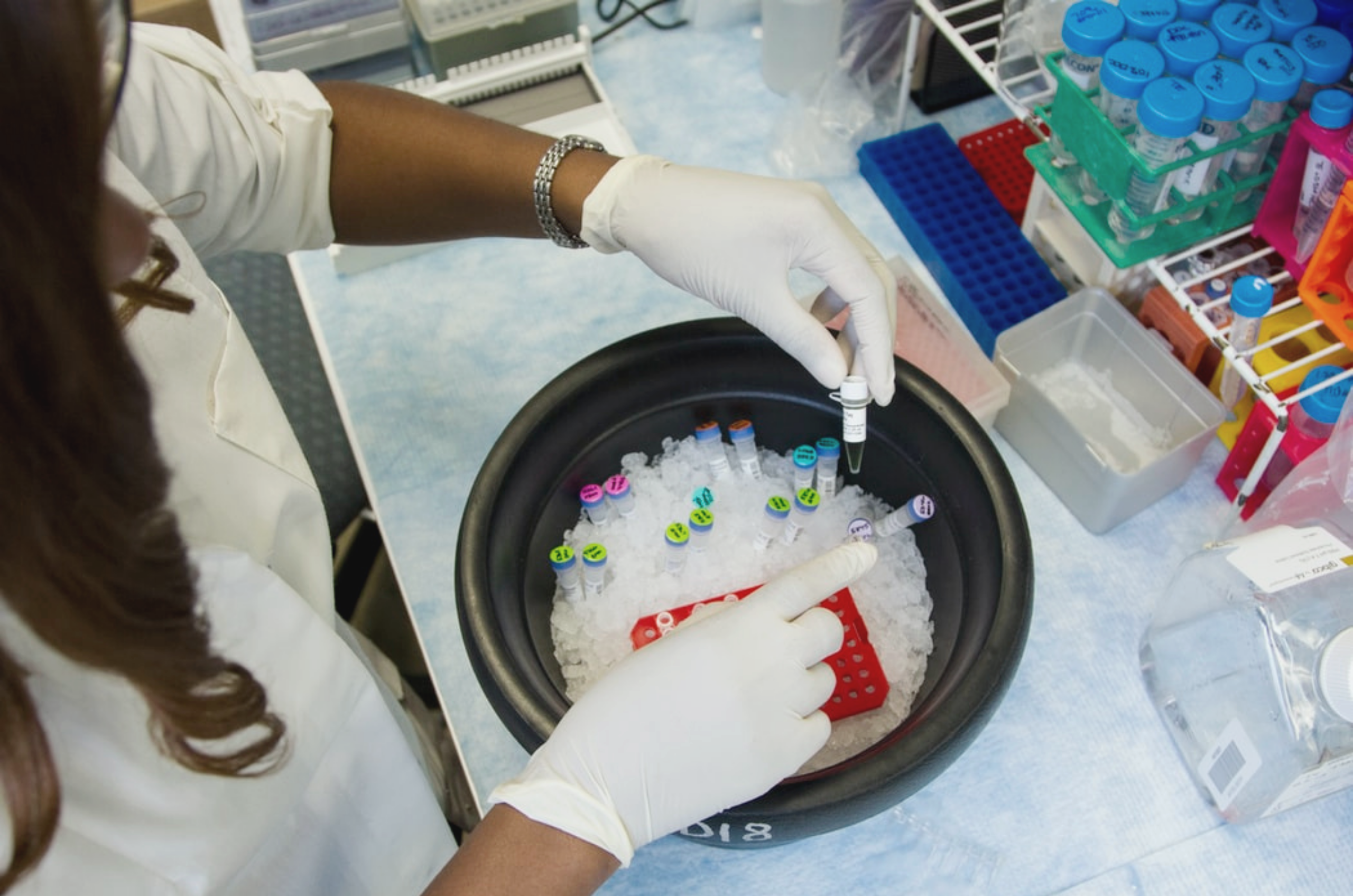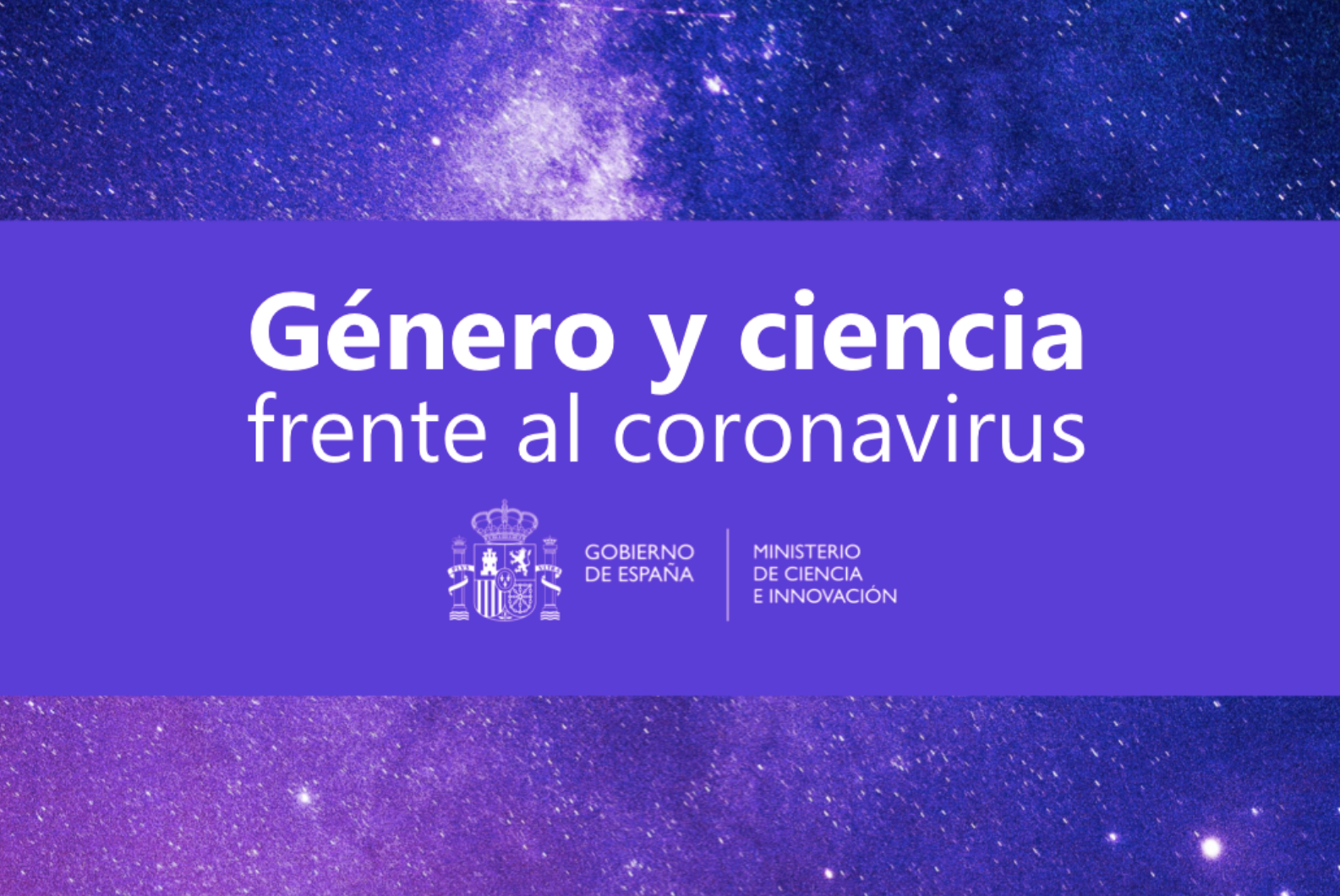Advancing in gender equality in Spain: the State Research Agency approves its first Gender Equality Plan
By Zulema Altamirano (Women and Science Unit, Ministry of Science and Innovation), Ángela Martínez-Carrasco (Spanish Foundation for Science and Technology), Victoria Ley (State Research Agency). Ph: Daniel Sone, Unsplash
In January 2021, the Governing Board of the State Research Agency of Spain (Agencia Estatal de Investigación- AEI) approved its first Gender Equality Plan (GEP) 2021-2023. As part of SUPERA, the GEP has been developed by the Strategic Group on Gender Equality (GEI-AEI), supported by the Women and Science Unit (UMyC) of the Spanish Ministry of Science and Innovation, one of the partners of our project. The GEP represents an effort to systematise and advance in the equality strategies and measures committed to in the Roadmap for the Development of the European Research Area in Spain 2016-2020, while integrating the measures already implemented by the AEI in its calls for proposals.
The GEP design is oriented towards the identification of needs and the implementation of measures to promote effective equality between women and men in R&I funding activities, which is the main mission of the AEI. The GEP includes objectives, specific measures and corrective actions, as well as the timetable for their implementation, which show the commitment of the AEI to promote effective equality between women and men in R&I activities.
Specifically, the objectives of the AEI with the implementation of this plan are:
- To reduce inequality and under-representation of women in leadership, visibility, recognition and presence in positions of high responsibility in the R&I system, particularly significant in some scientific-technical areas.
- To mitigate the consequences of possible interruptions in research activity due to maternity and caregiving, especially by young women researchers.
- To promote the balanced presence of men and women in decision-making bodies and processes related to the evaluation and funding of R&I activities.
- To incorporate sex and gender variables in proposals and to strength gender perspective in evaluation and monitoring processes.
- To promote the careers of women researchers, by supporting the balanced presence of women in all activities arising from their research activity, including the leadership as Principal Investigators or their participation in evaluation bodies and processes.
- To consolidate an organisational culture in the R&I system that is sensitive to gender equality and intolerant of discrimination and harassment based on gender, gender identity or orientation.
To achieve these objectives, the GEP includes, among others, the following measures:
- To publish a report after the main award resolutions with sex-disaggregated data of the funding actions, among other indicators.
- To analyse the success rate inequalities in the calls for proposals, identifying the possible causes and designing measures to reduce them.
- To analyse the application and distribution by sex of the measures designed to mitigate interruptions in the research activity.
- To design actions and training materials on gender equality and gender bias in evaluation for the staff of the AEI, the technical commissions and the evaluators.
- To promote gender balance in the selection of evaluators.
The GEI-AEI will collaborate with the UMyC and the SUPERA project in the implementation of the measures included in this plan. In 2023, the GEI-AEI will carry out an independent evaluation of the impact of the GEP measures adopted, as well as additional measures carried out during the implementation period.
The AEI’s GEP is available in English at this link and in Spanish at this link.



